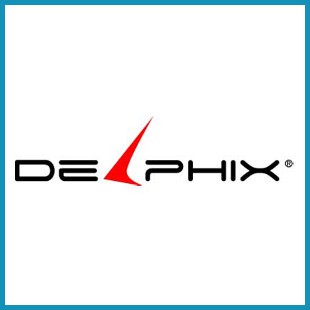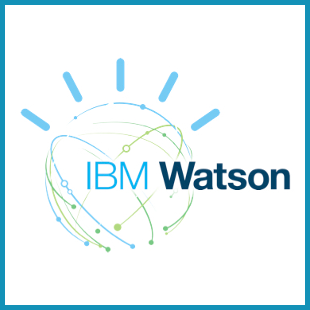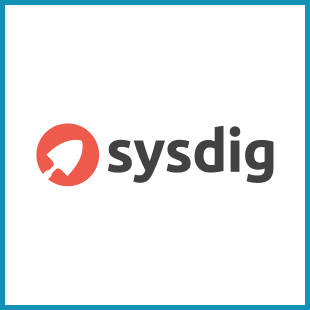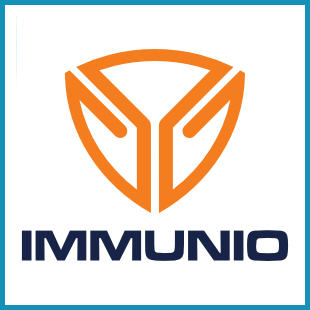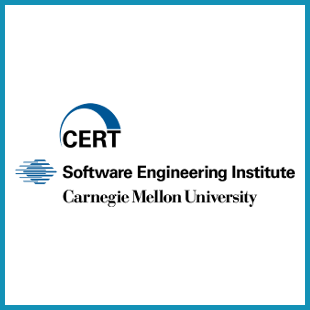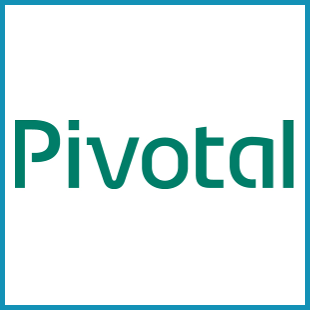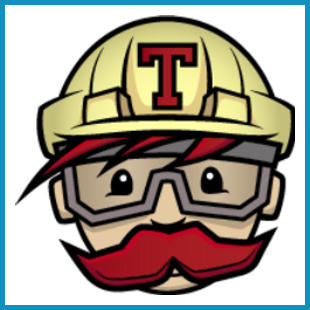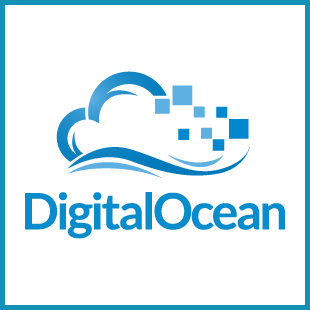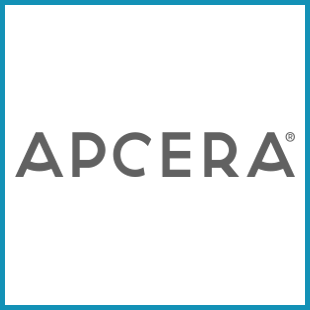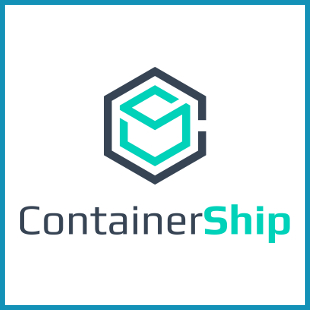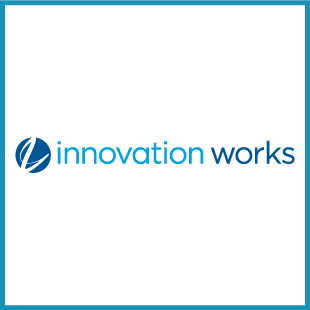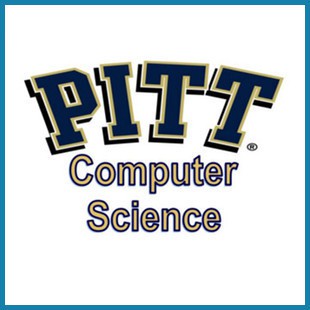
Pittsburgh 2015 - Proposal
Steel sponsors
The Incredible Shrinking Operating System!
Abstract:
Operating Systems. Where did they come from? Did your customer ask for one? Why do you bother with them at all?
Operating systems have traditionally played an enormous part in software development and operations. Most of us would find it difficult to imagine computing without one. They are certainly a source of religious contention.
Operating systems represent a maintenance and security burden; they have long been viewed by many as a necessary evil. They often bring more bulk and complexity than the systems we are producing; particularly in the case of microservices. They complicate security, greatly increasing the attack surface, and they require a significant expense and effort to maintain. But generally, operating systems are assumed to be required and we seldom consider a service environment without them. How well do you really even know what you're deploying when an OS is involved?
Operating systems introduce variation into a development workflow that can be difficult to manage. On a dev team, each individual's computing environment tends to stray apart. This divergence is a primary cause of Works-on-my-box syndrome. Things such as VM, libraries and general configuration are a source of drift.
Unless your product is, itself, an operating system, your customer is not generally concerned about your OS. A great deal of effort and expense goes to the operating system, without any direct ROI.
We will take a look at the ways emerging technologies will help you to reduce the liability of operating systems. We will consider how the minimization, or even elimination, of the operating system impacts development workflow; for better or worse. What would a CD pipeline look like? In particular, we would like to consider ways in which containers and unikernels or anykernels complement and can be used in combination.
Speaker: Steve Jones
In his deluded state, Steve fancies himself the Liebniz of DevOps, or its Tesla.
Or, as even he would concede more likely, its Rodney Dangerfield. He has worked
as a software developer for nearly a quarter of a century, with pronounced
polyglot tendencies since the 90's - wow! Steve has worked in various industries
and for companies as small as startups and as gargantuan as Lockheed Martin.
When he began hearing talk of DevOps, he immediately resonated with what he
heard; he was pleased there was actually a word for it (although he realized
this word was destined to be abused).
Steve has always been a Dev, but also a little bit Ops, beginning from the time they first plopped a Sun workstation on his desk. Not long after, Linux showed up in the form of a few floppy images which he downloaded over 24k baud modem. Debian appeared and has been his desktop/laptop environment of choice ever since. He never aspired to be a sysadmin per se, but always considered a certain subset of it as part of his stock-in-trade.
By day, Steve is a software developer and an active DevOps practitioner, as well as a proponent and evangelist. In terms of tools, he is a daily user of things like Ansible, Vagrant and Docker; all of which he introduced at his current workplace. In matters of culture, he's trying very hard to balance passion and empathy -- he's trying.
By night, he is a devotee of the Functional Programming Paradigm.
You will be hearing more about him soon; hopefully not on the evening news.





